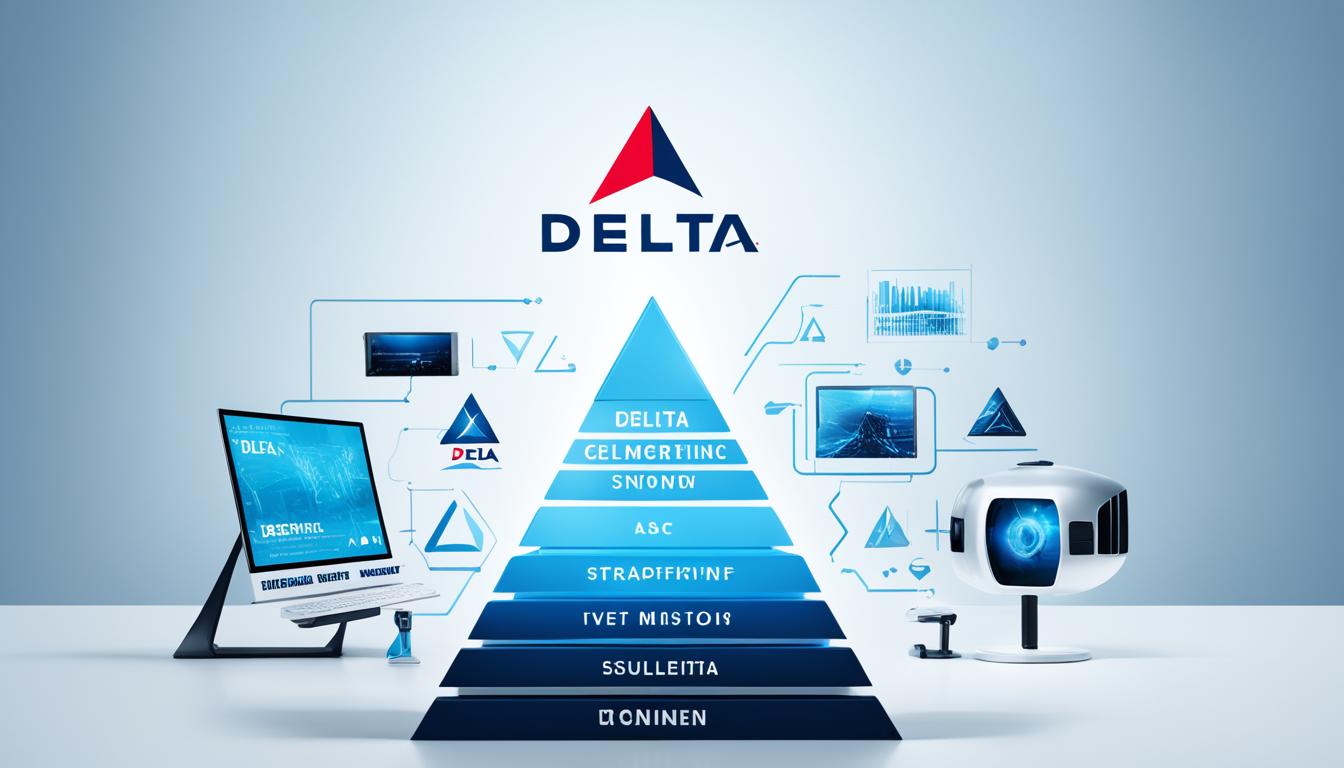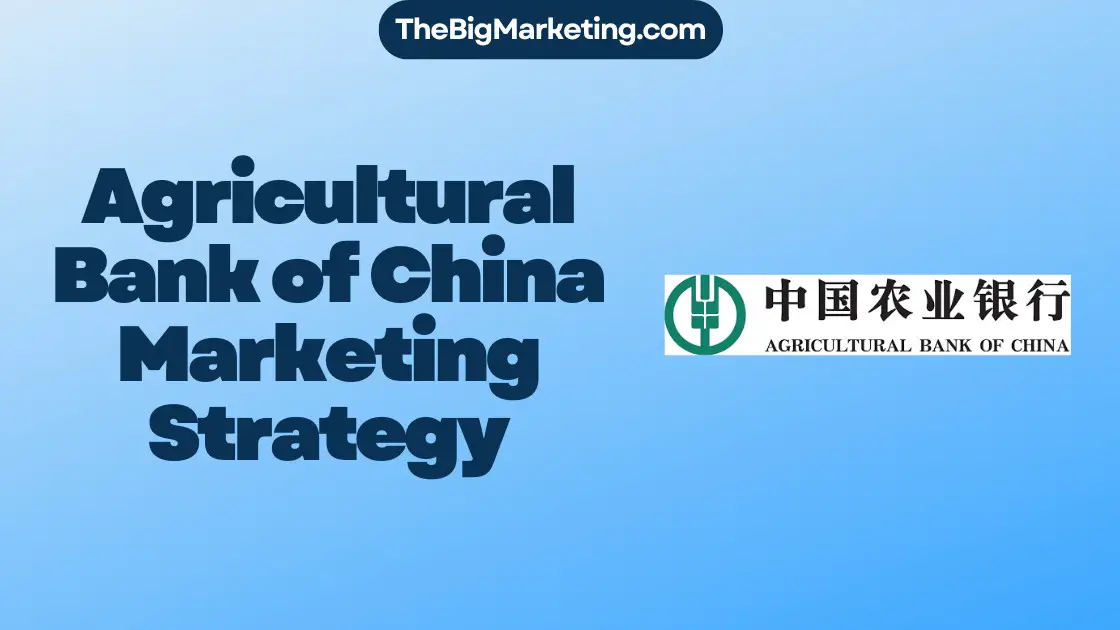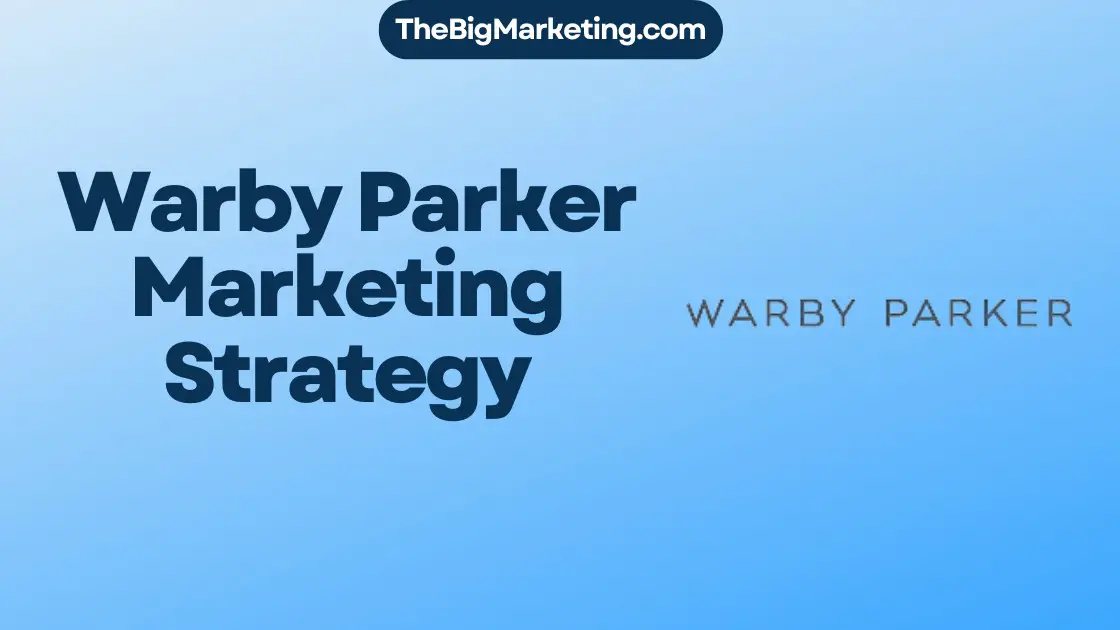In the fiercely competitive beauty industry, effective marketing strategies can make or break a brand’s success. One brand that has consistently stood out is Yves Rocher. With its innovative and forward-thinking approach, Yves Rocher has managed to capture the attention of consumers and carve a niche for itself in the market.
Yves Rocher understands the importance of staying ahead of the curve in beauty brand marketing and beauty industry advertising. In order to boost online sales and streamline customer acquisition, the brand implemented a Marketing Automation strategy. This approach aimed to deliver personalized communication and website recommendations to its customers. And the results were impressive.
Partnering with Salesmanago, Yves Rocher successfully achieved its goals of personalized communication and website recommendations. The Salesmanago solutions provided the brand with the tools and insights necessary to deliver targeted and engaging content to its customers. As a result, Yves Rocher saw a significant increase in online sales and a more efficient customer acquisition process.
Yves Rocher’s case study serves as an inspiration for other beauty brands looking to elevate their marketing strategies. By embracing innovative technologies, prioritizing personalized communication, and leveraging data-driven insights, brands can create a powerful marketing engine that drives customer engagement and business growth.
Key Takeaways:
- Yves Rocher implemented a Marketing Automation strategy to boost online sales and streamline customer acquisition.
- The use of Salesmanago solutions helped Yves Rocher achieve personalized communication and website recommendations.
- By leveraging innovative technologies and data-driven insights, Yves Rocher saw a significant increase in online sales.
- Other beauty brands can learn from Yves Rocher’s success by embracing personalized communication and leveraging technology.
- Investing in a robust marketing strategy is crucial in the highly competitive beauty industry.
Challenges and Solutions of Yves Rocher’s Marketing Automation Strategy
In their pursuit to enhance online sales and optimize customer acquisition, Yves Rocher implemented a robust Marketing Automation strategy. Their primary focus centered around personalized email communication and the integration of website recommendation frames. To facilitate these objectives, Yves Rocher leveraged the powerful solutions offered by Salesmanago.
The challenges faced by Yves Rocher in their marketing automation journey were multifaceted. Firstly, there was a need to seamlessly integrate automation tools that could handle the diverse customer journey and provide personalized experiences. Secondly, the brand sought to enhance customer acquisition by leveraging contextual data and delivering tailored content to potential customers. Lastly, Yves Rocher aimed to establish streamlined communication channels to engage customers on a more personal level.
To overcome these challenges, Yves Rocher turned to Salesmanago, a leading Marketing Automation platform. Through Salesmanago’s advanced features, Yves Rocher could automate personalized email communication at scale. By applying behavioral tracking and segmentation techniques, Yves Rocher was able to send targeted messages to the right audience, resulting in increased customer engagement and higher conversion rates.
In addition, Yves Rocher incorporated website recommendation frames powered by Salesmanago. These frames intelligently analyzed customer behavior in real-time and delivered personalized product suggestions to website visitors. This approach tailored the online shopping experience, boosting customer satisfaction and driving online sales.
Benefits of Yves Rocher’s Marketing Automation Strategy:
- Enhanced online sales through personalized email communication
- Streamlined customer acquisition process through targeted messaging
- Improved customer engagement through customized website recommendation frames
- Increased conversion rates resulting from tailored online shopping experiences
By implementing Salesmanago’s Marketing Automation solutions, Yves Rocher successfully overcame the challenges of boosting online sales and streamlining customer acquisition. Their personalized communication approach and website recommendation frames created a seamless customer experience, ultimately driving the brand’s success in the digital landscape.
Increasing ROAS and CVR with Insider
Yves Rocher recognized the importance of optimizing their online experience to improve their marketing performance. To achieve this, they partnered with Insider, a leading customer engagement and conversion optimization platform. By leveraging Insider’s Smart Recommender and Web Suite, Yves Rocher was able to enhance their Return on Advertising Spend (ROAS) and Conversion Rate (CVR) significantly.
The key to Yves Rocher’s success lies in the power of personalized marketing. By implementing Insider’s personalized product recommendations and targeted banners, Yves Rocher was able to capture the attention of their customers and drive higher engagement. The use of targeted recommendations based on individual preferences and browsing behavior helped build a stronger connection between the brand and its audience.
The results were remarkable. Yves Rocher experienced a remarkable 30% increase in ROAS, indicating a significant improvement in the effectiveness of their advertising campaigns. Additionally, their Conversion Rate (CVR) soared by 20%, resulting in a higher percentage of website visitors taking action and making purchases.
Insider’s technology allowed Yves Rocher to craft a highly personalized and customer-centric online experience. By tailoring the content and offerings to each individual, Yves Rocher engaged customers in a more meaningful way, increasing their likelihood of conversion and driving revenue growth.
Yves Rocher’s partnership with Insider highlights the importance of personalization in modern marketing strategies. By leveraging the power of Insider’s tools, Yves Rocher was able to enhance their ROAS and CVR, ultimately achieving their marketing objectives.
Personalization is the key to unlocking the full potential of your marketing efforts. With Insider’s Smart Recommender and Web Suite, you can create a tailored and immersive online experience that drives engagement, conversion, and revenue growth. Don’t miss out on the opportunity to transform your business like Yves Rocher did. Start personalizing your marketing strategy today with Insider.
Yves Rocher’s Global Expansion Strategy
Yves Rocher, the renowned beauty brand, has successfully expanded its reach to international markets as part of its global expansion strategy. By strategically focusing on countries with similar language and culture, Yves Rocher has effectively adapted its products and marketing approach to cater to diverse audiences.
The brand’s commitment to embracing diversity is evident in its hiring practices, with a particular emphasis on talented individuals, especially women, in different regions. By doing so, Yves Rocher not only fosters inclusion but also taps into the unique perspectives and insights that diverse teams bring to the table.
Yves Rocher’s internationalization process is driven by several factors, including population size, growing economies, and governmental regulations. By carefully considering these elements, the brand identifies markets with the most potential for growth and tailors its strategies accordingly.
Through its global expansion efforts, Yves Rocher has been able to establish a strong presence in various international markets. This expansion has not only allowed the brand to increase its customer base but also to broaden its impact in promoting sustainable beauty practices worldwide.
With a keen focus on cultural sensitivity and market research, Yves Rocher continues to expand its global footprint, connecting with beauty enthusiasts around the world and promoting its mission of eco-friendly beauty.
Yves Rocher’s International Market Presence
| Country | Year of Entry |
|---|---|
| Canada | 1965 |
| Germany | 1973 |
| Spain | 1978 |
| Italy | 1981 |
| United Kingdom | 1982 |
| China | 2006 |
| United States | 2003 |
| Japan | 2000 |
| Brazil | 2014 |
Yves Rocher’s Entry into Japan
In 2000, Yves Rocher embarked on its international expansion journey by entering the Japanese market. This strategic move was fueled by Japan’s large population and robust economy, offering immense growth potential for the brand. Yves Rocher recognized the significance of establishing a presence in Japan to expand its reach and tap into the country’s beauty-conscious consumers.
What set Yves Rocher apart in Japan was its unwavering commitment to gender equality. The company actively sought out and hired talented women, creating a work environment that fostered diversity and inclusivity. This approach resonated well with the Japanese audience, where gender equality and women’s empowerment are highly valued.
By aligning its values with those of the Japanese market, Yves Rocher successfully gained traction and established itself as a trusted beauty brand in Japan. The brand’s dedication to gender equality not only created a positive image but also attracted a diverse customer base, further driving its growth in the country.
Yves Rocher’s Impact on the Japanese Market
Yves Rocher’s entry into Japan brought forth a range of high-quality, eco-friendly beauty products that resonated with Japanese consumers. The brand’s commitment to using natural ingredients and sustainable practices aligned well with the Japanese preference for clean and environmentally friendly products.
Furthermore, Yves Rocher’s personalized approach to beauty and emphasis on customer satisfaction appealed to the Japanese market, known for its discerning taste and appreciation for exceptional service. The brand’s tailored skincare and beauty solutions catered to the unique needs of Japanese consumers, fostering brand loyalty and trust.
Through its entry into Japan, Yves Rocher successfully integrated its marketing strategy with the cultural and consumer preferences of the country. This localization approach enabled the brand to effectively compete in the highly competitive Japanese beauty industry and create a lasting impact.
Yves Rocher’s Entry into the United States
In 2003, Yves Rocher made an ambitious move to expand its international presence by entering the United States market. Building upon their existing success in Canada, the French beauty brand recognized the immense potential of the American beauty industry, enticing them to establish a foothold.
Yves Rocher strategically focused on major cities, such as New York and Houston, known for their vibrant and diverse consumer markets. They believed that targeting these high-traffic areas would enable them to capture the attention of a broad range of customers.
To establish a strong presence in the American market, Yves Rocher leveraged their expertise in retail store operations. They opened physical stores across key locations, providing customers with a first-hand experience of their eco-friendly and sustainable beauty products. This approach allowed Yves Rocher to create a tangible connection with customers and showcase their brand values.
| Benefits of Yves Rocher’s Retail Stores in the United States |
|---|
| 1. Enhanced brand visibility and awareness |
| 2. Opportunity for customers to explore and experience products firsthand |
| 3. Personalized customer service and recommendations |
| 4. Establishing trust and credibility in the American market |
| 5. Creating a physical presence to complement online sales channels |
Yves Rocher’s Entry into China
Yves Rocher, a renowned beauty brand, expanded its international presence by entering the Chinese market in 2006. Despite facing governmental regulations and animal testing requirements, the company successfully navigated these challenges to establish a strong foothold in China.
One of the key strategies that Yves Rocher employed was the establishment of retail stores. By opening physical stores across China, the brand was able to directly engage with Chinese consumers, offering them a personalized and immersive experience. This move not only enhanced the brand’s visibility but also allowed Yves Rocher to adapt to the unique preferences and expectations of Chinese customers.
Furthermore, Yves Rocher recognized the immense potential of the Chinese ecommerce market. Building on its retail store presence, the company leveraged the growing trend of online shopping in China. Yves Rocher strategically positioned itself as an eco-conscious beauty brand, targeting environmentally-conscious Chinese consumers who were increasingly turning to online platforms for their beauty and skincare needs.
Yves Rocher’s Retail Store Expansion in China
The success of Yves Rocher’s entry into the Chinese market can be attributed to its strategic retail store expansion. By opening stores in major cities like Beijing, Shanghai, and Guangzhou, Yves Rocher not only gained access to a larger customer base but also established a strong brand presence.
The physical stores allowed Chinese consumers to experience Yves Rocher’s wide range of products firsthand and engage with knowledgeable and friendly beauty advisors. This personalized approach helped build trust and loyalty among customers, leading to increased brand awareness and sales.
Moreover, Yves Rocher’s retail stores in China showcased the brand’s commitment to sustainable beauty. With a focus on natural and organic ingredients, the company resonated with Chinese consumers who valued quality, authenticity, and environmental consciousness.
The Rise of Ecommerce for Yves Rocher in China
Yves Rocher capitalized on the booming ecommerce landscape in China to further expand its reach and cater to the digital-savvy consumers. The brand’s entry into the Chinese ecommerce market allowed it to tap into the growing trend of online shopping, reaching consumers in remote areas and offering them convenient access to its products.
Through its ecommerce platform, Yves Rocher offered Chinese customers a seamless and personalized shopping experience. The website featured a wide range of products, detailed product descriptions, and customer reviews, empowering consumers to make informed purchase decisions.
Additionally, Yves Rocher implemented effective marketing strategies tailored to the Chinese market, leveraging social media platforms like WeChat and influencer collaborations to boost brand visibility and engage with its target audience.
Yves Rocher’s entry into China, through both retail stores and ecommerce, proved to be a successful expansion strategy. By adapting to the Chinese market and meeting the evolving consumer demands, Yves Rocher has established itself as a leading beauty brand in China’s competitive beauty industry.
| Key Factors | Details |
|---|---|
| Retail Store Expansion | – Opened stores in major Chinese cities – Personalized shopping experience – Emphasized sustainability and natural ingredients |
| Ecommerce Presence | – Leveraged the growing trend of online shopping – Offered a seamless and personalized online experience – Implemented targeted marketing strategies |
| Success Factors | – Adapted to Chinese regulations and animal testing requirements – Catered to Chinese consumers’ preferences – Positioned as an eco-conscious beauty brand |
Yves Rocher’s Entry into Brazil
Yves Rocher recognized the immense potential of the Brazilian market and strategically entered the country in 2014 as part of their international expansion strategy. With Brazil being the third-largest cosmetic market in the world, Yves Rocher saw this as a valuable opportunity to establish a presence and tap into the growing demand for beauty products in the country.
To ensure a strong foundation for their operations, Yves Rocher strategically opened stores in major cities like Sao Paulo and Rio de Janeiro. These locations allowed them to reach a large customer base and showcase their wide range of high-quality cosmetic products. By carefully validating their business model through these stores, Yves Rocher gained valuable insights into the Brazilian market and adapted their offerings accordingly.
Building on their success in the initial phase, Yves Rocher expanded further in Brazil through the franchising model. This approach allowed them to leverage local expertise and establish a wider network of stores across the country. By partnering with passionate franchisees who shared their commitment to sustainable beauty, Yves Rocher strengthened their brand presence and reached even more Brazilian consumers.
Yves Rocher’s entry into the Brazilian market highlights their astute marketing strategy and ability to identify lucrative opportunities for international expansion. By strategically opening stores in key cities, validating their business model, and expanding through franchises, Yves Rocher has successfully established itself in Brazil’s vibrant cosmetic market.
Internal Analysis of Yves Rocher’s Competencies
Yves Rocher, a prominent player in the beauty industry, excels in several core competencies that contribute to their competitive advantage. Through an internal analysis, we can identify the unique strengths that set Yves Rocher apart from its competitors.
Innovation
One of Yves Rocher’s key competencies lies in its relentless pursuit of innovation. The company embraces cutting-edge technology and continuously explores new ways to enhance their product offerings and customer experiences. By leveraging innovation, Yves Rocher stays at the forefront of beauty trends and adapts to ever-evolving consumer demands.
Product Composition
Yves Rocher places a strong emphasis on product composition, crafting cosmetics that are both effective and environmentally conscious. Their commitment to using natural ingredients, combined with rigorous quality control, ensures that customers receive products of the highest standard. This dedication to product composition reinforces their credibility as a sustainable beauty brand.
Environmental Consciousness
Yves Rocher’s environmental consciousness is deeply ingrained in their corporate DNA. They prioritize sustainable practices throughout their entire value chain, from ethically sourcing ingredients to implementing eco-friendly packaging solutions. Yves Rocher’s commitment to minimizing their environmental impact resonates with environmentally conscious consumers and positions the brand as a leader in sustainable beauty.
Furthermore, Yves Rocher’s dedication to maintaining a competitive edge is evident in their in-house organic plant research center. This facility allows them to develop innovative formulas and harness the power of nature to create exceptional beauty products.
Through their core competencies, Yves Rocher continually strengthens its market position and captures the loyalty of customers who value innovation, product composition, and environmental consciousness.
Next Section: Porter’s Diamond Analysis of Yves Rocher
Porter’s Diamond Analysis of Yves Rocher
When analyzing Yves Rocher’s competitive advantage as a French beauty brand, Porter’s Diamond model offers valuable insights. This framework considers key factors that contribute to a firm’s success, including its strategy and structure, demand conditions, related and supporting industries, and factor conditions.
Yves Rocher’s Marketing Strategy plays a crucial role in shaping its competitive advantage. The brand focuses on sustainable beauty practices, emphasizing natural ingredients and environmentally friendly products. By aligning with consumer demands for eco-conscious options, Yves Rocher positions itself as a market leader in the beauty industry.
In terms of strategy and structure, Yves Rocher employs a customer-centric approach. Through their Marketing Automation Strategy, they personalize communication and website recommendations to enhance the customer experience. This proactive engagement strategy not only boosts online sales but also strengthens customer loyalty.
Demand conditions also contribute to Yves Rocher’s competitive edge. The brand targets a diverse range of customers, catering to different beauty needs and preferences. By offering a wide range of products, Yves Rocher ensures their ability to meet the demands of various consumer segments.
Yves Rocher’s success is further supported by related and supporting industries. The brand collaborates with Insider, leveraging their expertise in personalized marketing to optimize their online experience. This partnership has successfully increased Yves Rocher’s Return on Advertising Spend (ROAS) and Conversion Rate (CVR), ultimately driving business growth.
Factor conditions, including Yves Rocher’s in-house organic plant research center, provide a strong foundation for their competitive advantage. By conducting research and development to innovate new beauty solutions, Yves Rocher differentiates itself in the market, offering unique and sustainable products to consumers.
In summary, Porter’s Diamond Analysis highlights the key elements that contribute to Yves Rocher’s competitive advantage. Their strategic focus on sustainable beauty, personalized communication, and collaboration with industry experts has positioned them as a leading French beauty brand in the global market.
Yves Rocher’s International Marketing Strategy
Yves Rocher, a renowned beauty brand, understands the importance of a well-defined international marketing strategy. To effectively penetrate global markets, the company employs various tactics based on market segmentation, laddering interviews, and target audience preferences.
The first step in Yves Rocher’s international marketing strategy is market segmentation. By analyzing different market segments, the company can identify specific needs, preferences, and demographics of their target audience. This enables Yves Rocher to tailor their products, messaging, and promotional activities to resonate with their customers in each market.
In addition to market segmentation, Yves Rocher conducts laddering interviews with consumers to gain deeper insights into their desires, motivations, and aspirations. This qualitative research approach helps the company understand the emotional connection consumers have with beauty products, allowing them to create compelling marketing campaigns that speak directly to their target audience.
Furthermore, Yves Rocher emphasizes the importance of creating a solid brand image for millennials and Generation Z. These demographic segments are increasingly influential in the beauty industry and have specific preferences and expectations when it comes to beauty products. Yves Rocher aligns its marketing efforts with these preferences by emphasizing certified and dermatologically verified products, promoting transparency, and highlighting the company’s commitment to sustainability.
By implementing this international marketing strategy, Yves Rocher can effectively enter new markets and establish itself as a trusted brand in the beauty industry. The company’s focus on market segmentation, laddering interviews, and catering to the preferences of millennials and Generation Z ensures a targeted approach that resonates with their desired target segment.
| Benefits of Yves Rocher’s International Marketing Strategy | Key Components |
|---|---|
| 1. Increased market share in international markets | 1. Market segmentation |
| 2. Enhanced brand reputation among millennials and Generation Z | 2. Laddering interviews |
| 3. Alignment with target audience preferences and values | 3. Targeting millennials and Generation Z |
| 4. Improved customer engagement and loyalty | 4. Emphasis on certified and dermatologically verified products |
Conclusion
Yves Rocher’s marketing strategy serves as a testament to the brand’s commitment to sustainable beauty and digital innovation. By embracing Marketing Automation, Yves Rocher has streamlined customer acquisition and enhanced personalized communication, resulting in increased online sales and customer engagement. The brand’s partnership with Insider has further solidified its position as a leader in the beauty industry, driving significant improvements in Return on Advertising Spend (ROAS) and Conversion Rate (CVR).
Furthermore, Yves Rocher’s successful expansion into international markets, such as Japan, the United States, China, and Brazil, has allowed the brand to tap into new consumer bases while adapting to diverse cultural environments. By strategically opening retail stores and leveraging ecommerce platforms, Yves Rocher has effectively reached a wider audience around the globe.
With a focus on sustainable practices and certified, dermatologically verified products, Yves Rocher has established itself as a pioneer in eco-friendly beauty. Through its marketing strategy, the brand has effectively communicated its values to target segments, particularly millennials and Generation Z, who prioritize both quality and ethical choices in their beauty products.
In summary, Yves Rocher’s marketing strategy encompasses sustainable beauty, personalized communication, and digital marketing. By leveraging innovative technologies and expanding its global footprint, Yves Rocher has successfully positioned itself as a leading eco-friendly beauty brand, catering to the evolving needs and preferences of today’s conscientious consumers.








